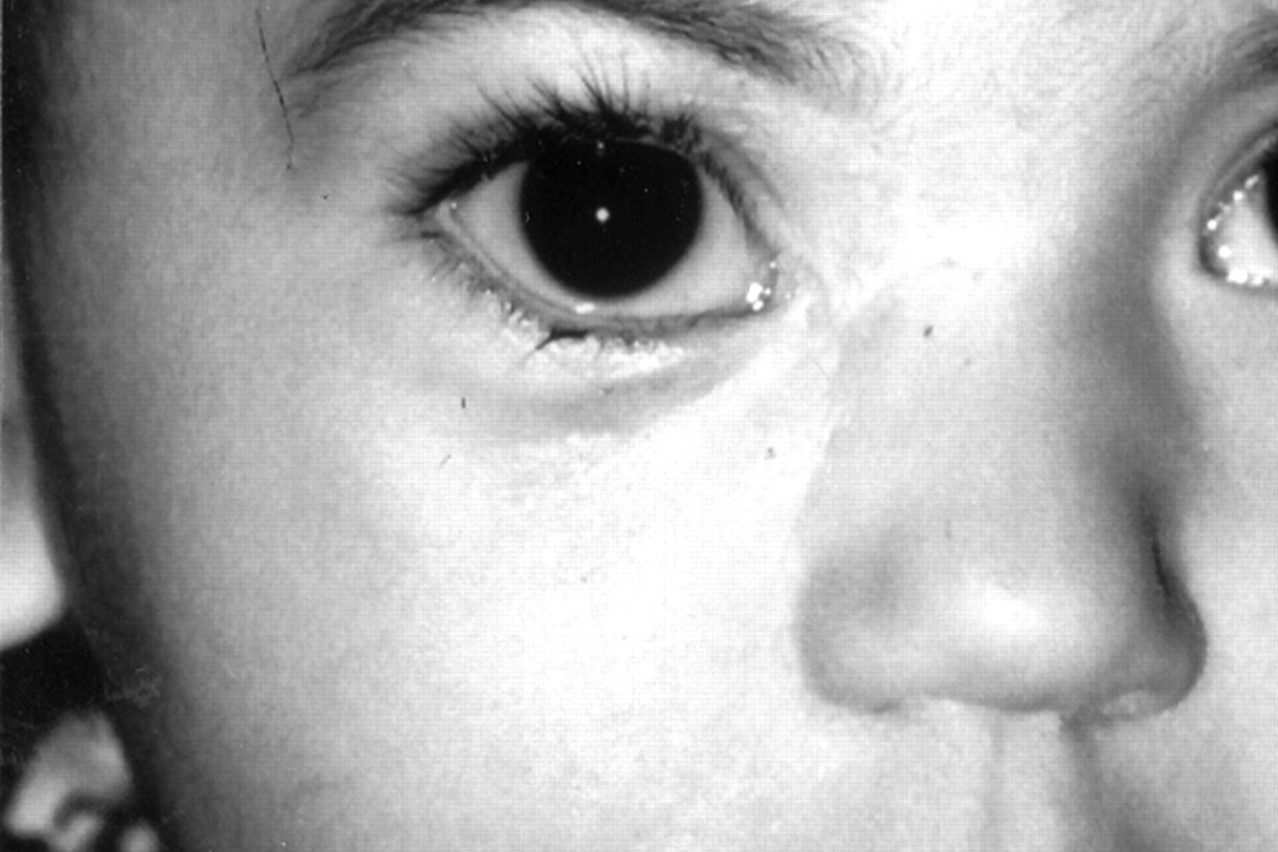
Roemheld Syndrome might sound like a rare condition, but it's more common than you think. This intriguing syndrome links digestive issues with heart symptoms, creating a puzzling mix that can baffle even seasoned doctors. Roemheld Syndrome occurs when gas or pressure in the stomach or intestines triggers heart palpitations, chest pain, or shortness of breath. Imagine feeling like you're having a heart attack, only to find out it's your gut causing the trouble! Understanding this condition can help you manage symptoms better and reduce anxiety. Let's dive into 40 fascinating facts about Roemheld Syndrome to shed light on this mysterious connection between your gut and heart.
Key Takeaways:
- Roemheld Syndrome causes heart symptoms from stomach issues. It's often misdiagnosed as a heart problem. Understanding triggers and managing stress can help ease symptoms.
- Roemheld Syndrome is rare and often overlooked. Small, frequent meals and avoiding trigger foods can help manage symptoms. Support from healthcare professionals and support groups is valuable.
What is Roemheld Syndrome?
Roemheld Syndrome, also known as gastrocardiac syndrome, is a rare condition where gastrointestinal issues cause cardiac symptoms. This can be confusing and alarming for those experiencing it. Here are some intriguing facts about this unusual syndrome.
-
Roemheld Syndrome is named after Ludwig von Roemheld, a German internist who first described the condition in the early 20th century.
-
The syndrome is characterized by a range of symptoms, including palpitations, chest pain, and shortness of breath, which are typically associated with heart problems.
-
These cardiac symptoms are actually triggered by issues in the digestive system, such as gas, bloating, or hiatal hernia.
-
The vagus nerve, which runs from the brain to the abdomen, plays a crucial role in Roemheld Syndrome. It can become irritated by gastrointestinal problems, leading to heart-related symptoms.
Symptoms of Roemheld Syndrome
Understanding the symptoms can help in identifying and managing the condition. Here are some common symptoms associated with Roemheld Syndrome.
-
Heart palpitations are a frequent symptom, causing a sensation of a racing or irregular heartbeat.
-
Chest pain, often mistaken for angina or a heart attack, can be a distressing symptom of Roemheld Syndrome.
-
Shortness of breath may occur, especially after eating a large meal or when lying down.
-
Dizziness or lightheadedness can result from the heart's altered function due to gastrointestinal issues.
-
Anxiety and panic attacks are common, as the cardiac symptoms can be frightening and mimic more serious heart conditions.
Causes and Triggers
Several factors can contribute to the onset of Roemheld Syndrome. Knowing these can help in managing the condition better.
-
Hiatal hernia, where part of the stomach pushes through the diaphragm, is a common cause of Roemheld Syndrome.
-
Excessive gas and bloating can put pressure on the diaphragm and heart, triggering symptoms.
-
Overeating or consuming large meals can exacerbate symptoms by increasing abdominal pressure.
-
Certain foods, such as those high in fat or spicy foods, can trigger symptoms in some individuals.
-
Stress and anxiety can worsen gastrointestinal issues, leading to more pronounced cardiac symptoms.
Diagnosis and Misdiagnosis
Diagnosing Roemheld Syndrome can be challenging due to its overlap with other conditions. Here are some important points about diagnosis.
-
Roemheld Syndrome is often misdiagnosed as a heart condition due to the similarity in symptoms.
-
A thorough medical history and physical examination are crucial for an accurate diagnosis.
-
Diagnostic tests such as EKGs, echocardiograms, and stress tests may be performed to rule out heart disease.
-
Gastrointestinal tests, including endoscopy and barium swallow, can help identify underlying digestive issues.
-
A diagnosis of Roemheld Syndrome is often made by exclusion, after ruling out other potential causes of the symptoms.
Treatment and Management
Managing Roemheld Syndrome involves addressing both the gastrointestinal and cardiac symptoms. Here are some treatment options.
-
Dietary changes, such as eating smaller, more frequent meals, can help reduce symptoms.
-
Avoiding trigger foods, like those high in fat or spice, can prevent symptom flare-ups.
-
Medications to reduce stomach acid or gas can be beneficial in managing gastrointestinal symptoms.
-
Stress management techniques, such as yoga or meditation, can help reduce the impact of stress on the digestive system.
-
In severe cases, surgical intervention may be necessary to correct a hiatal hernia or other anatomical issues.
Living with Roemheld Syndrome
Living with Roemheld Syndrome can be challenging, but understanding the condition can make it more manageable. Here are some tips for daily life.
-
Keeping a symptom diary can help identify triggers and patterns in symptoms.
-
Staying upright for at least an hour after eating can prevent symptoms caused by pressure on the diaphragm.
-
Wearing loose-fitting clothing can reduce abdominal pressure and discomfort.
-
Regular exercise, within one's limits, can improve overall health and reduce stress.
-
Seeking support from healthcare professionals and support groups can provide valuable information and emotional support.
Interesting Facts and Historical Notes
Roemheld Syndrome has a fascinating history and some unique aspects. Here are a few interesting facts.
-
Ludwig von Roemheld, who first described the syndrome, was a pioneer in understanding the connection between the digestive and cardiac systems.
-
The syndrome is more common in older adults, likely due to the increased prevalence of gastrointestinal issues with age.
-
Roemheld Syndrome is considered a functional disorder, meaning it involves a disturbance in the function of the body rather than a structural abnormality.
-
The condition is relatively rare, making it less well-known and often underdiagnosed.
-
Despite its rarity, Roemheld Syndrome has been recognized in medical literature for over a century.
Research and Future Directions
Ongoing research aims to better understand and treat Roemheld Syndrome. Here are some current areas of focus.
-
Researchers are exploring the role of the vagus nerve in the development and management of Roemheld Syndrome.
-
Studies are being conducted to identify specific dietary triggers and effective dietary interventions.
-
New medications are being developed to target the gastrointestinal symptoms that trigger cardiac issues.
-
Advances in surgical techniques are improving outcomes for patients with severe cases of Roemheld Syndrome.
-
Increased awareness and education among healthcare professionals are helping to improve diagnosis and treatment.
-
Patient advocacy groups are working to raise awareness and provide support for those living with Roemheld Syndrome.
Final Thoughts on Roemheld Syndrome
Roemheld Syndrome, though not widely known, can significantly impact daily life. Understanding its connection to gastrointestinal issues and heart symptoms helps in managing it better. Recognizing triggers like certain foods or stress can aid in reducing episodes. Consulting with healthcare professionals for accurate diagnosis and treatment options is crucial. Lifestyle changes, such as a balanced diet and regular exercise, often play a key role in alleviating symptoms. Medications might be necessary for some, but natural remedies like herbal teas or probiotics can also provide relief. Staying informed and proactive about your health makes a big difference. Sharing experiences with others who have Roemheld Syndrome can offer support and new coping strategies. Remember, while it may be challenging, managing Roemheld Syndrome is possible with the right approach and mindset. Stay positive and take control of your health journey.
Frequently Asked Questions
Was this page helpful?
Our commitment to delivering trustworthy and engaging content is at the heart of what we do. Each fact on our site is contributed by real users like you, bringing a wealth of diverse insights and information. To ensure the highest standards of accuracy and reliability, our dedicated editors meticulously review each submission. This process guarantees that the facts we share are not only fascinating but also credible. Trust in our commitment to quality and authenticity as you explore and learn with us.


